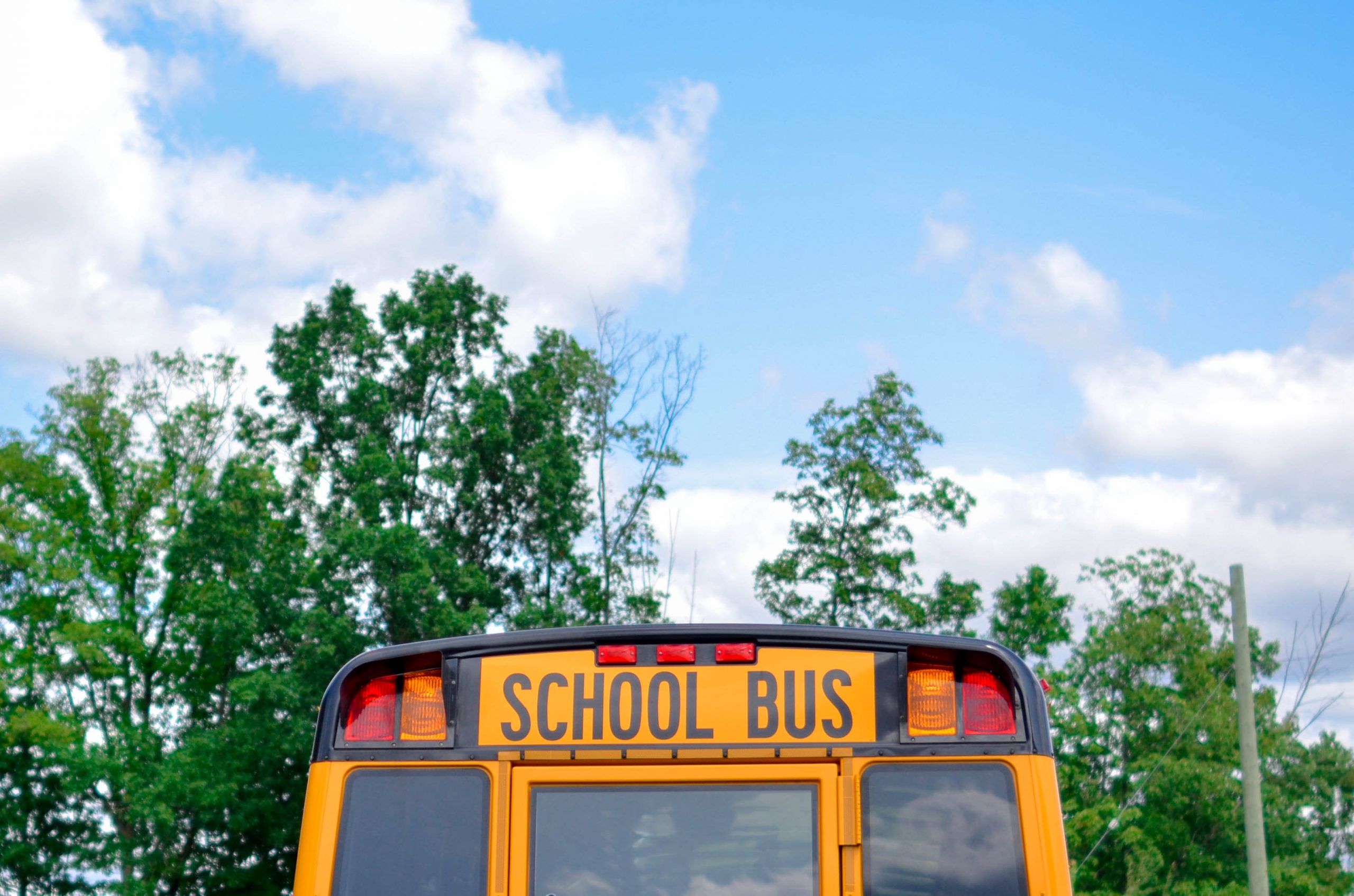
You’ve been through it again in the last two months. A school year has begun, and you’ve likely played the “I can’t believe she’s in grade ______” looped tape in your head for at least a short season.
It doesn’t matter whether it’s preschool, or middle school or graduate school, most of us find the fall to be a sobering reminder that another year has slipped by. I experienced it keenly earlier this month as I drove my 15-year-old to his first day of 10th grade and moved my 19-year-old back to university.
But here’s the question: How do you feel in that moment?
I know I’ve felt a creeping sadness—a sense that time is moving too quickly. Which is a bit of a reversal, isn’t it? We seem to celebrate every milestone in their first few years (first smile, learning to crawl, first step, first words, etc.), but then we begin to resist the fact that they’re growing up.
Why is that?
I can’t remember who said it (if it was you, please let us know), but someone pointed out that while we speak about raising children, we’re actually not doing that. We’re raising adults.
The goal of parenting is to prepare our children for life. To move them into a place where they have the worldview, skills, faith and heart to face life on their own. To release adults, not children.
I’ve loved what Kara Powell and Chap Clark have uncovered in Sticky Faith. (We shared excerpts here on the blog this week.) One theme that challenges me in both posts is that parents seem to miss the reality that their children need to become independent. If we’re not careful, our kids move into life not ready to face its challenges and complexities, nor often is their faith large enough to integrate into life on their own.
What’s helped me on the journey over the last few years is to keep reminding myself that I’m actually raising adults, not kids.
See your sweet little three-year-old? That’s an adult you’re raising. Your 10-year-old? In eight to 10 years, he’s pretty much grown up.
When I realize I’m raising adults, I remember that the goal is not for me to hang onto every fleeting moment of their youth, but to prepare them for the life for which God has created them.
It’s helped—a lot. I hope it helps you.
What other things have helped you realize that your role is to prepare them for independence?




